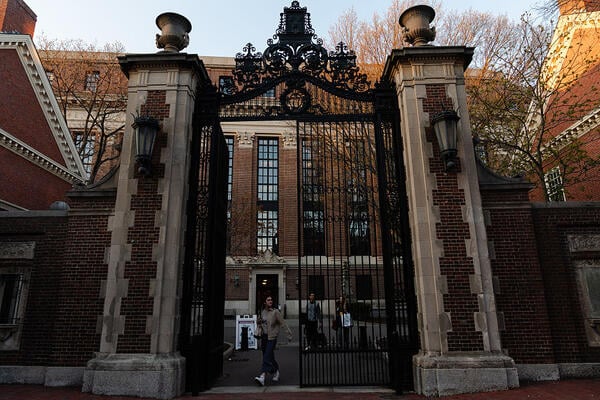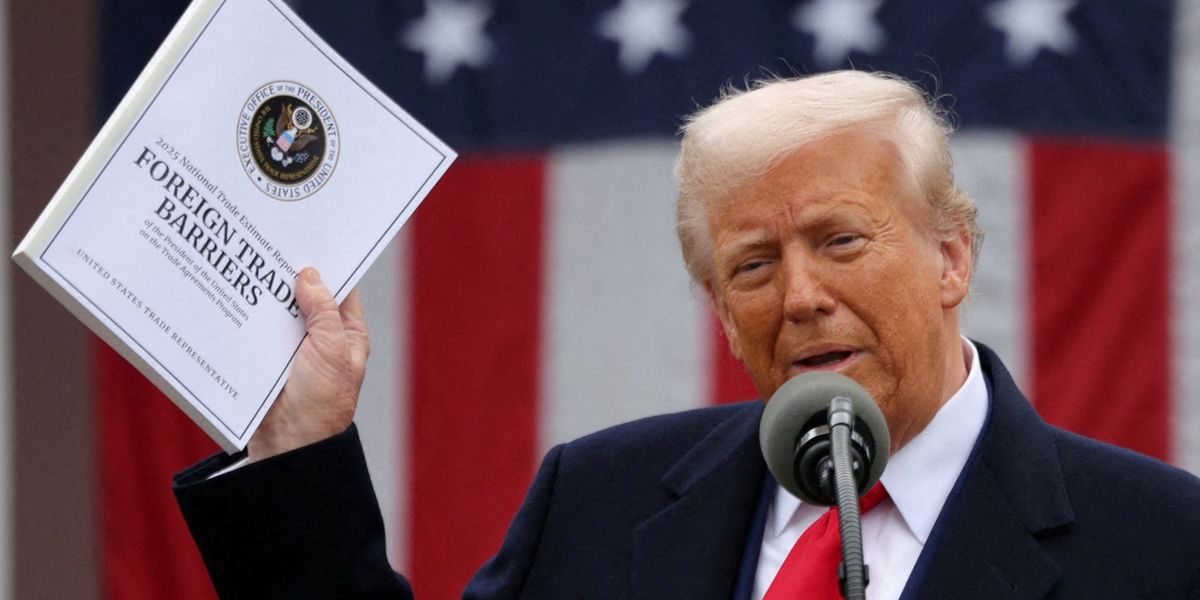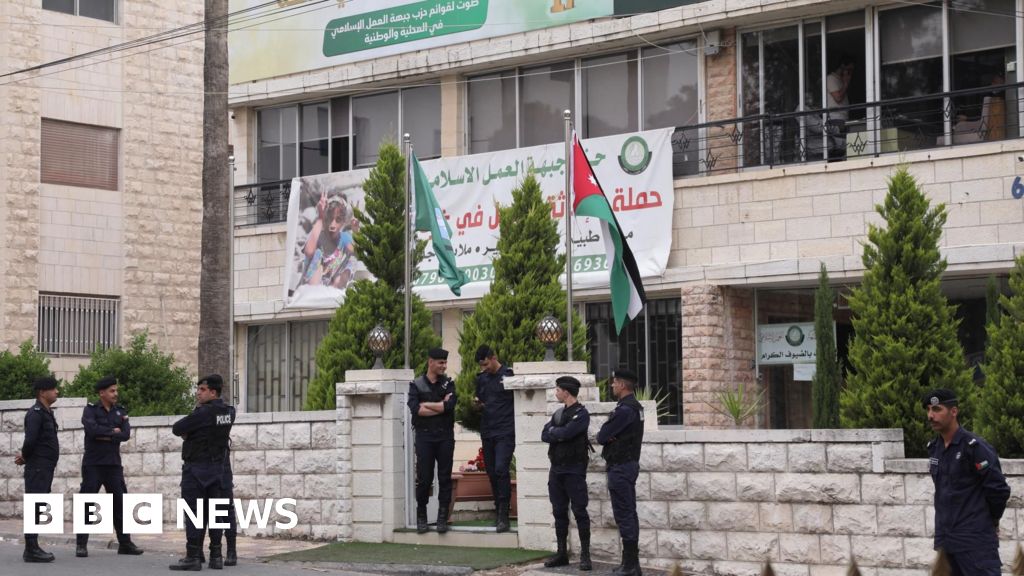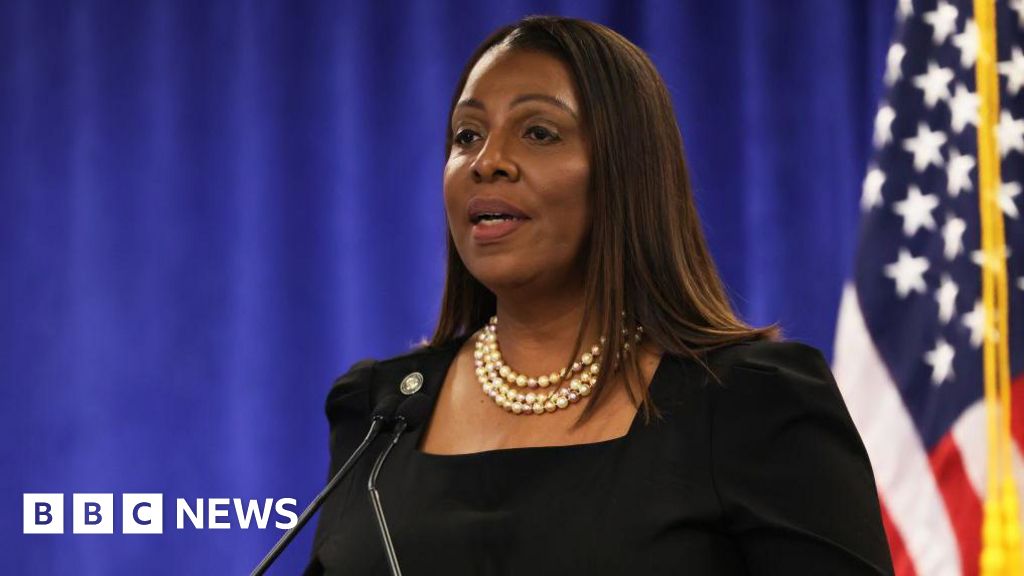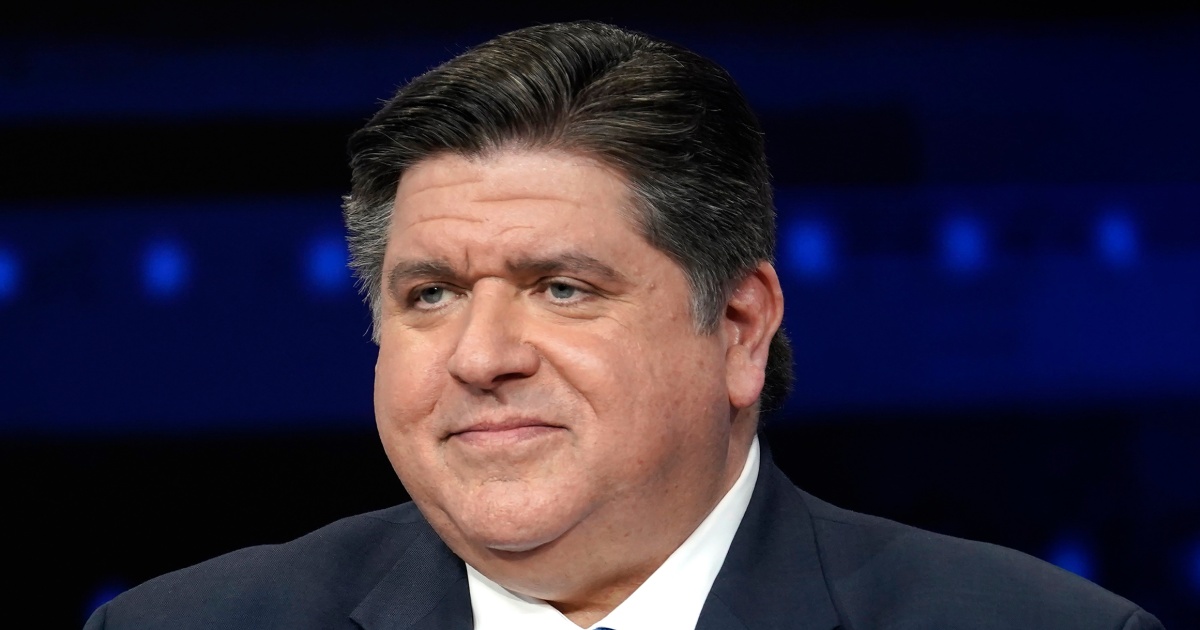Controversial Deportation of MS-13 Gang Member Sparks Political Firestorm
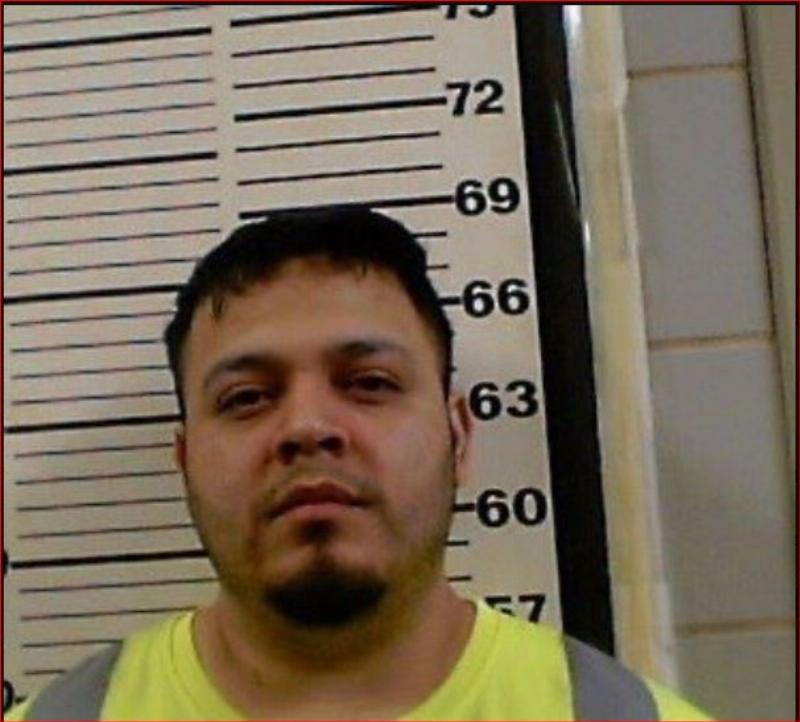
In a heated exchange about immigration and crime, the case of Kilmar Abrego Garcia has ignited a significant debate across the political spectrum. While major news networks such as NBC, CBS, ABC, and the Associated Press have repeatedly referred to Garcia as a Maryland man mistakenly deported to El Salvador, The Hill took a contrasting stance, quoting Florida Attorney General Pam Bondi, who firmly stated, Hes not a Maryland man. The truth surrounding Garcias identity is much more complexhe is, in fact, a Salvadoran national who illegally entered the United States in 2011. Allegations of his involvement with the notorious MS-13 gang add further gravity to this situation, raising questions about the consequences of his deportation.
The political backdrop of this incident became even more pronounced when President Donald Trump signed an executive order on his first day in office, aimed at designating cartels and other criminal organizations as foreign terrorist organizations (FTOs). Following this order, Secretary of State Marco Rubio took action by publishing a list in the Federal Register that included eight groups flagged for FTO designation: Tren de Aragua (TdA), MS-13 (Mara Salvatrucha), the Sinaloa Cartel, New Generation Cartel of Jalisco, United Cartels, Northeast Cartel, Gulf Cartel, and La Nueva Familia Michoacana. This designation empowers the U.S. government to tackle these groups through various strategies. The State Department underscored that these organizations present an unusual and extraordinary threat to the national security, foreign policy, and economy of the United States, thus invoking the International Emergency Economic Powers Act (IEEP) to declare a national emergency in order to counter these threats. Furthermore, the order emphasizes that it is the policy of the United States to eradicate the presence of these groups from its territory and to safeguard the American populace as well as the nations integrity.
Joseph Humire, the executive director of the Center for a Secure Free Society, remarked, Trump just put them all on notice. We know youre here; we know you are up to no good, and were going to come after you. This sentiment echoes the administration's hardline stance on illegal immigration and gang violence, suggesting a commitment to aggressive enforcement of immigration laws.
Despite claims made by some that Garcia is simply a family man from Maryland, President Trump asserted that Garcia has been found by two separate Courts to be a member of the violent, killer gang MS-13, was in our Country illegally, and is under a Deportation Order. Trump even displayed photos showing tattoos on Garcias knuckles that symbolize his affiliation with MS-13, further fueling the narrative that Garcias deportation is justified due to his criminal ties.
The Department of Homeland Security (DHS) added more context to the case, revealing that upon Garcias arrest, he was found with rolls of cash and drugs. DHS Assistant Secretary Tricia McLaughlin commented, The media would love for you to believe that this [Garcia] is a media darling, that he is just some Maryland father. Osama Bin Laden was also a father, and yet he wasnt a good guy. They are actually both terrorists. This comparison has raised eyebrows and sparked discussions about how the media portrays individuals with complex backgrounds.
ABC News, while disputing the allegations regarding Garcia's MS-13 membership, was criticized for its reporting, with some claiming they either failed to conduct adequate research or were simply dismissive of the facts. In fact, a federal immigration court in Baltimore had determined that Garcia was not eligible for release, stating that he failed to meet his burden of demonstration that his release from custody would not pose a danger to others. The court further affirmed that reliable sources had verified Garcias gang affiliation, undermining claims made by some media outlets.
Adding another layer of complexity, Garcias wife has accused him of being a violent abuser on multiple occasions, and he has been linked to human trafficking activities. Yet, the political discourse has not been solely focused on Garcias past; Senator Chris Van Hollen, a Democrat from Maryland, has publicly advocated for Garcias return, claiming he was illegally abducted. This position has drawn criticism, as many argue that Garcia, a Salvadoran national, is now home in the country of his origin following his deportation.
In an interesting turn, border czar Tom Homan stated that Senator Van Hollen traveled to El Salvador on taxpayer dime to meet with Garcia, describing this act as a show of solidarity with a known gang member. Photographs from this meeting depicted Garcia wearing a plaid shirt in patriotic colors and managed to obscure his tattoos, leading some to claim that the appearance was staged for media consumption.
Van Hollen's visit has been met with significant backlash, with critics labeling it humiliating and detached from reality. In his defense, Van Hollen argued, I am not defending the man, I am defending due process. This statement raised questions among observers, as Garcia had already undergone due process twice and was consistently found to be a member of MS-13, thereby subjecting him to deportation. Critics have posed the question: how many chances should someone like Garcia be afforded under the auspices of due process?
Furthermore, Van Hollen claimed, This case is not just about one man. Its about protecting the Constitutional rights of everyone who resides in the United States of America. He even referred to Garcias situation as a constitutional crisis, prompting critics to point out that the U.S. Constitution primarily applies to citizens, not to foreign nationals. This raises a pertinent question about the extent to which constitutional protections should be extended to non-citizens.
The media also pressed President Nayib Bukele of El Salvador on whether he would consider returning Garcia to the United States. Bukele responded pointedly, How can I return a terrorist to the United States? How can I smuggle a terrorist into the United States? His remarks reflect a broader sentiment within El Salvador, where officials are focused on national security and have made significant strides in reducing crime rates.
In response to Van Hollens comments, Trump derided the senator as a fool, emphasizing in a separate statement that our biggest threat to democracy is stupid people. This encapsulates the tension between the political narratives surrounding immigration, crime, and national security.
In an amusing twist, Rep. Mike Collins, a Republican from Georgia, suggested altering Van Hollens office plaque to read that he represents El Salvador, highlighting the growing sentiment among some lawmakers that the priorities of certain Democrats are misaligned with American interests. The ongoing saga raises broader questions about illegal immigration, crime, and the political ramifications of these contentious issues.
As the debate continues, it is essential to recognize the complexity of Garcia's case and the broader implications it holds for U.S. immigration policy and national security.










